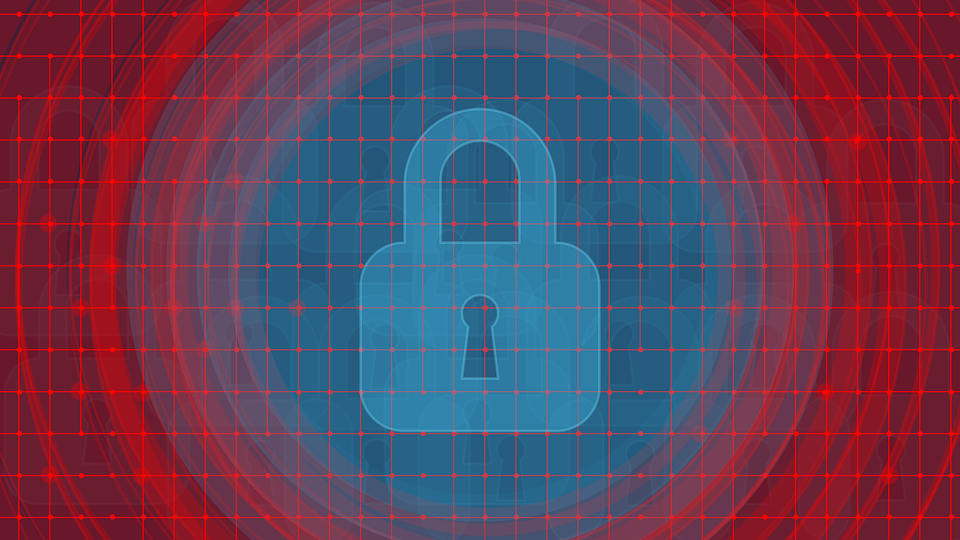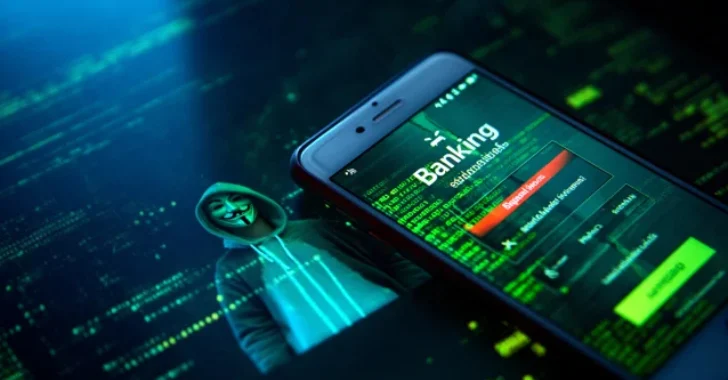Malware, being one of the common causes of data breaches, is something every IT and security expert should be concerned about. It’s a fact that many businesses will install anti-virus and forget about it, not knowing that malware can still bypass anti-virus software and firewalls. The truth is, no anti-virus or anti-malware will protect you from ALL malware. If an infection slips through, it means that your confidential information will be put at risk.
With that being said, it’s important to know the different types of malwares and how to prevent them. Keep reading to learn more.
What is malware?
Malware is an umbrella term for any piece of software that has malicious intent. There are several types of malwares and each of them has a unique way of infiltrating your computer which may include attempts at gaining unauthorized control of your computer systems, stealing your personal information, encrypting your important files, or causing other harm to your computers. Sometimes the damage can be irrevocable.
Where does malware come from?
Some of the most common sources of malware are email attachments, malicious websites, torrents, and shared networks.
1- Phishing
Emails can be disguised to be coming from a fraudulent company for the sole purpose of getting you to reveal personal information
2- Malicious Websites
Some websites may attempt to install malware onto your computer, usually through popups or malicious links
3- Torrents
Files shared through BitTorrent’s are generally unsafe because you never know what to expect until they’re downloaded
4- Shared Networks
A malware-infected computer on the same shared network may spread malware onto your computer
List of Common Types of Malwares and Their Malicious Intent:
1- Trojans
A Trojan (or Trojan Horse) disguises itself as legitimate software with the purpose of tricking you into executing malicious software on your computer.
2- Spyware
Spyware invades your computer and attempts to steal your personal information such as credit card or banking information, web browsing data, and passwords to various accounts.
3- Adware
Adware is unwanted software that displays advertisements on your screen. Adware collects personal information from you to serve you with more personalized ads.
4- Rootkits
Rootkits enable unauthorized users to gain access to your computer without being detected.
5- Ransomware
Ransomware is designed to encrypt your files and block access to them until a ransom is paid.
6- Worms
A worm replicates itself by infecting other computers that are on the same network. They’re designed to consume bandwidth and interrupt networks.
7- Keyloggers
Keyloggers keep track of your keystrokes on your keyboard and record them on a log. This information is used to gain unauthorized access to your accounts.
How to prevent malware
Since malware is so widespread and hundreds of thousands of new malicious files are reported every day, there’s no single solution that will prevent all malware. For this reason, we recommend using multiple solutions to add more layers of protection to your computers.
1- Use Software
Here is a list of some malware prevention software we recommend:
- Bitdefender– Bitdefender is a well-rounded anti-virus solution that is currently protecting over 500 million users worldwide. It offers unparalleled endpoint protection and virus protection.
- Malwarebytes– The most effective and widely-adopted anti-malware on the market. The scans are thorough and the program prevents you from executing malicious files and visiting malicious websites.
- Spybots– Effectively protects you from spyware, protecting your private information and other data from being sent to third parties.
2- Be Cautious
A little common sense and caution can also prevent malware from infecting your computer. Here are some tips:
- If an email looks suspicious or too good to be true, don’t open it
- Don’t download files from non-reputable websites as they could contain malicious files
- Don’t use your work laptop on public networks
Additional Tip: Always back up your files!
As mentioned earlier in this article, sometimes malware can cause irrevocable damage — such as file encryption and file loss. To save yourself a lot of trouble, it’s important to keep your files backed up so you can restore them in case something like this happens.

18
AprMalware
Apr 18, 2023Recent Blog
Vikram 3201 & Kalpana 3201Apr 04, 2025
The Open Weight Language ModelApr 03, 2025
Asia Cup 2025Apr 02, 2025
The CrocodilusApr 01, 2025
SARATHIMar 31, 2025




